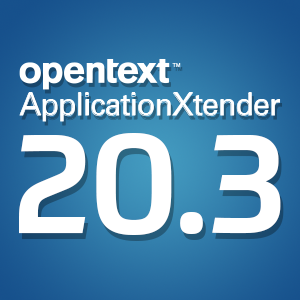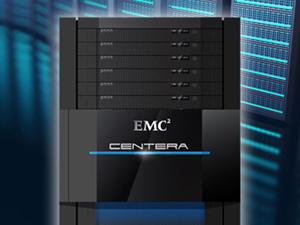Information management helps medical practices improve care
Thursday, July 26, 2012Most healthcare practices are constantly looking for ways to improve the quality of care provided to patients. By implementing new tools for diagnosing conditions or administrative software like electronic health records (EHRs), a medical center strives to improve the overall client experience.
However, one easy to miss step to improving care is simplifying the communication and exchange of health information between practices. Information management services can help any practice organize its patient data for clear and concise study by its own staff or other medical centers when referring or transferring a patient.
According to TechTarget, organizing and managing data is a vital part of health information exchange – the process of turning patient data into actionable and meaningful information, not just a "repository of static data." With the growth in popularity of EHRs and other tools that generate large amounts of patient data, a practice needs solutions that not only keeps it organized, but also allows it to retain information in a reliable, secure and compliant manner.
Additional tools, like business process management solutions, can integrate with information as well, helping practices improve workflow and the overall quality of care physicians provide without drastically increasing the cost of operations. With improved organization, a practice can improve efficiency, physicians can spend more time with their patients and overall office management will improve.
By implementing the proper administrative tools in their office to manage workflow, data growth and patient information, doctors can focus on the more important parts of their jobs. Ensuring compliant records handling and the privacy of patients doesn't have to be a full-time job, but treating their illnesses should be.
Brought to you by Image One Corporation, providing complete information governance since 1994.




